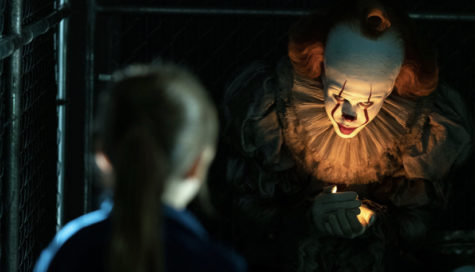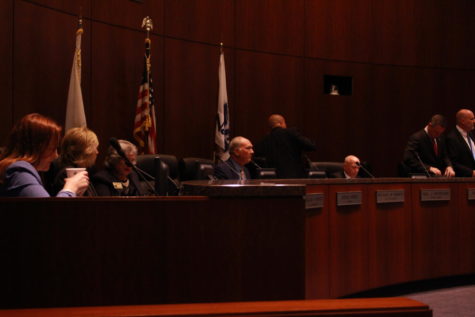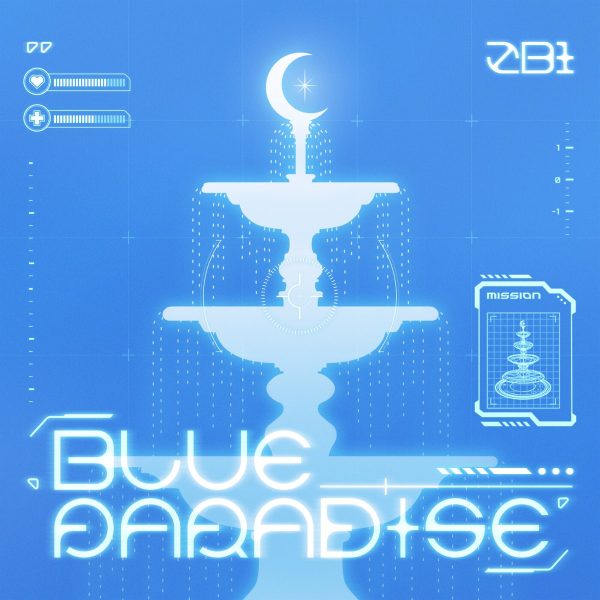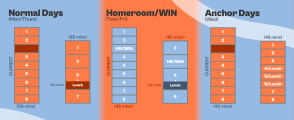Review: Hozier does not disappoint with release of “Nina Cried Power” EP
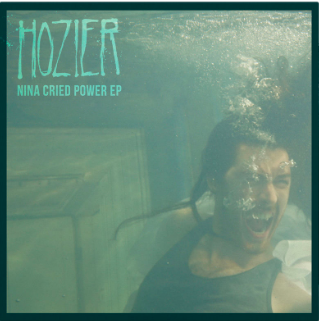
For the four years following his breakthrough self-titled album, Hozier has withdrawn from mainstream music, most likely making his home within Irish forests, amongst the nymphs and elves. However, it is undeniable that the artist’s EP release satisfied the high expectations of his fans. Hozier gracefully arises from trifling ashes of expectations as an airborne phoenix in his new EP, “Nina Cried Power.”
As the focal point of Hozier’s EP, the title track “Nina Cried Power” is a stark reminder of Hozier’s trademark howls and bellows. Aided by the bluesy voice of gospel singer Mavis Staples, Hozier takes on a persona of visceral, revolutionary rage. Founded on driving percussions, Hozier pays homage to past musical icons like John Lennon and Nina Simone with lyrical references. Just as Simone and Lennon — the founders of musical movements and the emboldeners of Hozier’s own artistic path — had done, Hozier expresses his aspirations to “cry power.”
Not only are there allusions to the psychedelic civil-rights era of protest songs, but “Nina Cried Power” also serves as an anthem of activism in Ireland. In the title track’s recently released music video, several figureheads of Stand for Truth (an organized rally of thousands to fight against clerical abuse) were filmed against glimmering projections of resistance.
Next follows the weaker, but tasteful “Common Tongue” and “NFWMB.” Hozier still manages to build aural castles through purposeful musical layering and biblical references, but he falls short in the department of originality. Despite the craftsmanship and complexity of both tracks, their memorability is jaded by a lack of exploration.
“Shrike,” however, beautifully regains the momentum lost in the heart of the EP. As honeyed strings and hushed percussions weave words and sounds into swaying branches, canopies and forests, Hozier persuades his listeners to sway along with him. “Shrike” is nostalgic and melancholy — a gentle relic of Hozier’s earnest Irish upbringing. As he narrates the phantoms of his past, we are reminded of our own distant histories.
While it is moving, the EP is not without its flaws. Hozier remains tethered to sounds and themes of past songs. “NFWB” bears a strong resemblance to the somber and sensual, “It Will Come Back” from his debut album, “Hozier.” “Nina Cried Power” reflects “Foreigner’s God” and “Sedated,” also from the artist’s, “Hozier.”
Regardless of its cautiousness, “Nina Cried Power” remains an important touchstone of Hozier’s growth as both an artist and a visionary, soon to “cry power” like his musical predecessors.
Hozier’s full-length album is set to be released in early 2019.



